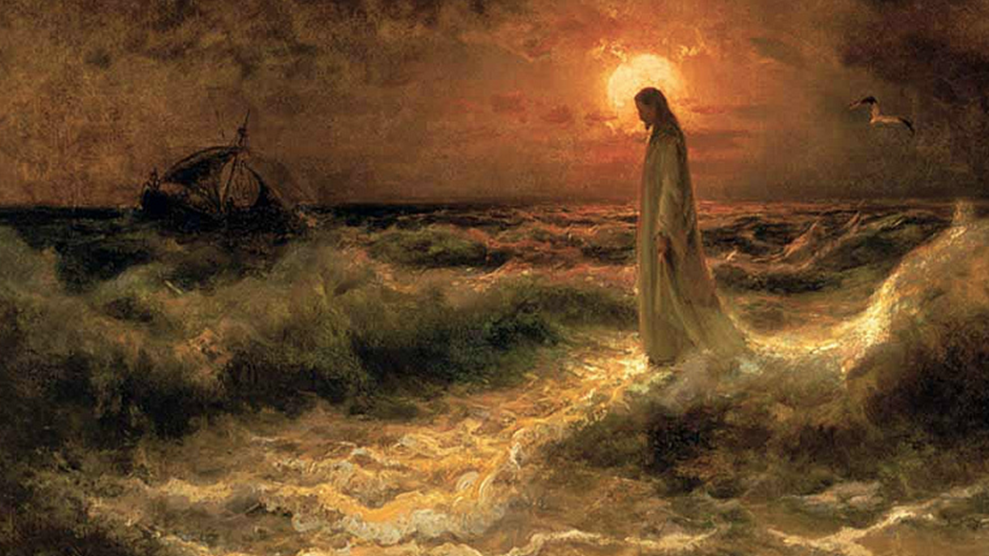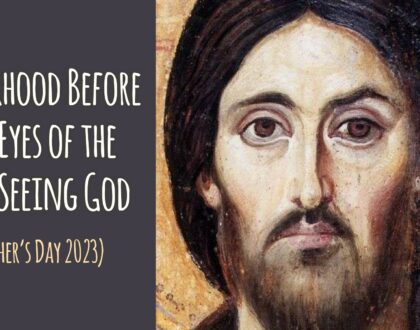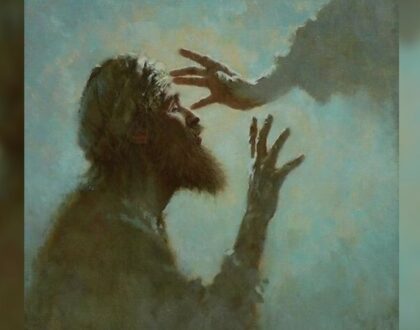Matthew 14:28-33

by Pastor Gene
And Peter answered him, “Lord, if it is you, command me to come to you on the water.” 29 He said, “Come.” So, Peter got out of the boat and walked on the water and came to Jesus. 30 But when he saw the wind, he was afraid, and beginning to sink he cried out, “Lord, save me.” 31 Jesus immediately reached out his hand and took hold of him, saying to him, “O you of little faith, why did you doubt?” 32 And when they got into the boat, the wind ceased. 33 And those in the boat worshiped him, saying, “Truly you are the Son of God.”
- Matthew 14:28-33 tells the story of Peter walking on the water. Matthew’s is the only Gospel that records this story. Where might he have gotten his information? What are his sources?
- In 14:28, Peter says, “Lord, if it is you, command me to come to you on the water.” Is Peter doubting that Jesus is Lord? Why does He say, “IF it is you?” Why does he ask Jesus to “command” him to come to Him on the water? Why command?
- Let’s get a bit nit-picky, shall we? In 14:29, Matthew tells us that Peter “walked on the water.” But he had previously told us that Jesus “walked on the sea” (see 14:25-26). Why the different wording? Anything meaningful happening here?
- It’s easy to point out Peter’s failures here, but what are his victories? Can you list a few of them in this event?
- What interrupted Peter’s brief encounter with faith in 14:30? What interrupts yours? Where does the enemy attack you and pull you ‘back down to earth,’ as it were? In what ways does he remind you that you’re not supposed to be walking on water?
- How is Peter’s cry, “Lord, save me” in the 2nd Potential Sea Disaster a repeat of the disciples’ failure in the 1st PSD? (See Matthew 8:25.) How is Peter’s cry a failure? How is it a victory?
- How does Matthew’s account of this story rhyme with Psalm 69:2–3, 15–16? What imagery does this invoke?
- Compare Jesus reaching out His hand to save Peter with Psalm 144:7 and 2 Samuel 22:17. Thoughts?
- Matthew tells us that once the winds ceased, “those who were in the boat worshiped Jesus, saying, “Truly you are the Son of God!” This is remarkable! “Worshipped” implies bowing before God in adoration. What has happened here? Consider Jesus’ words in Matthew 4:10. What does “Son of God” indicate? Is it possible that disciples have learned the ‘lesson of the loaves’?
Recommended Posts

Reflection Questions: Fatherhood Before the Eyes of the All-Seeing God (Father’s Day 2024)
June 16, 2024


